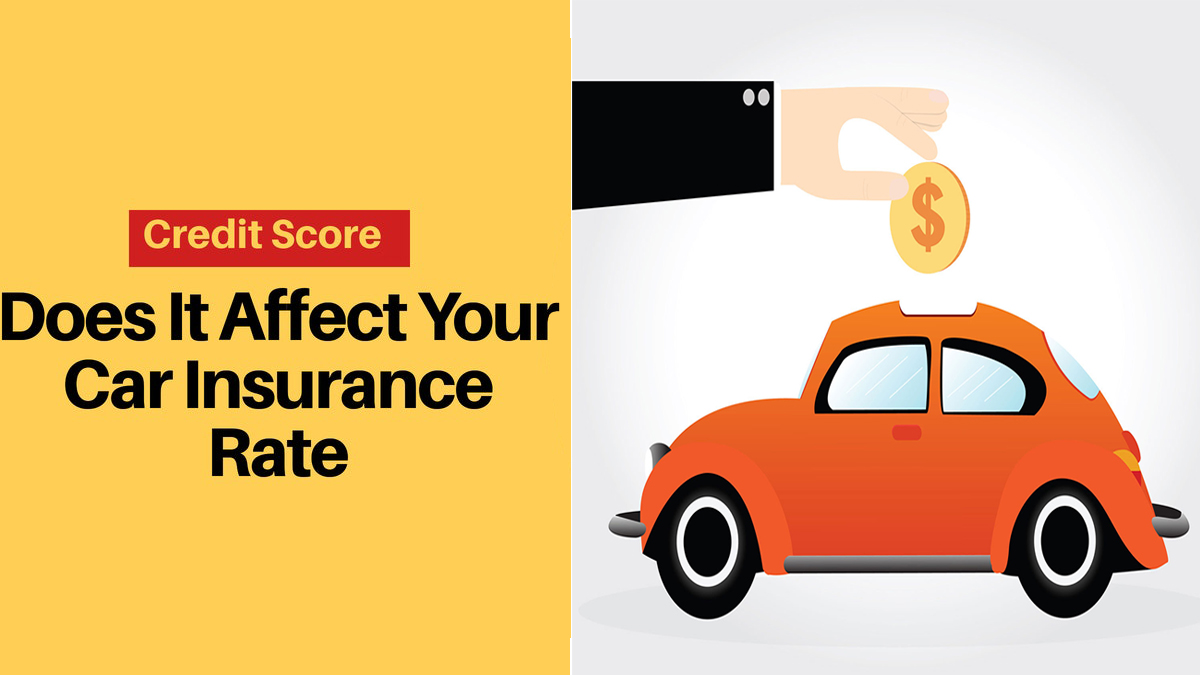Are you planning on applying for a car insurance quote? Perhaps you already have a car insurance quote and you’re wondering whether your credit score can affect or impact your quote? Read through this write-up till the end, to discover how your credit score impacts your car insurance.

In many countries or regions of the world, your credit score could impact your car insurance. And this might be how much you pay for your auto insurance. This is to say that your credit score plays a crucial role in determining not only your mortgage loans for your home but also your auto insurance quotes.
How Does Your Credit Score Impact Your Car Insurance?
As stated above, your credit score can determine how much you pay for a car insurance quote. For instance, if you have a high or good credit score between the range of 670 and above, your car insurance rates will be low. But if you have a bad credit score, the rate of your car insurance will increase.
In other words, a good credit score can get you a better rate, and a bad credit score can make your coverage more expensive. As you know, in many countries of the world, such as the United States of America, the law requires every car owner to have auto insurance due to unforeseen situations.
Also, many insurance companies need your credit score before you can get a quote from them. They will thoroughly check your credit score rating and will decide if your credit score is low. That means you are living above your means of income, which might negatively impact your car insurance quote.
However, other auto insurance companies make use of factors such as driving history, vehicle types, ZIP code, and more to determine your premium. But more often than not, your credit score is needed. Therefore, it is important you have a good credit score as it can impact your car insurance quote.
How Do I Know My Credit Score Range?
Understanding your credit score is very vital as this will enable you to know whether your credit score will impact negatively or positively on your car insurance quote, mortgage, and more. You can calculate your credit score online by making use of a credit score calculator, or you can visit FICO.
FICO is one of the most popular credit score analytic companies in the world. According to them, credit scores range from 300 to 850. Below is how their credit score is calculated.
| CATEGORY | FICO CREDIT SCORE RATING |
| Excellent | 800 -850 |
| Very Good | 740-799 |
| Good | 670-739 |
| Fair | 580-669 |
| Poor | 300 – 579 |
Once you have calculated your credit score rating, you can check out your credit score category using the chart above. Note that, aside from FICO, you can also make use of Vantage Score.
Which Auto Insurance Companies Check Your Credit Score?
On the contrary, almost all insurance companies require a credit check before you can apply for a car insurance quote. These car insurance companies include USAA, State Farm, Geico, Progressive, Allstate, and a lot more.
You can visit any of these companies to apply for a car insurance quote. But note that, aside from your credit score, other requirements might be needed, and this might vary from state to state.
Insurance companies in California, Hawaii, Michigan, and Massachusetts do not require a credit check before you can apply for a car insurance quote. So, it is only in these states that your credit score won’t impact or affect your car insurance rate, whether good or bad.
Does Car Insurance Affect My Credit Score?
Applying for or getting car insurance will never affect your credit score. Your credit score will only be checked by the car insurance company to determine whether your car insurance rate will be high or low. But it will never affect your credit score; whether you pay your insurance bills late or not. It will never affect your credit score but will only lead to debt collection reports.
However, if you refuse to pay your bills on time, opening a new credit account, credit mix, and more might affect your credit score. You can improve your credit score by paying your bills on time, making any outstanding payments, and limiting your new credit requests to improve your credit score.
